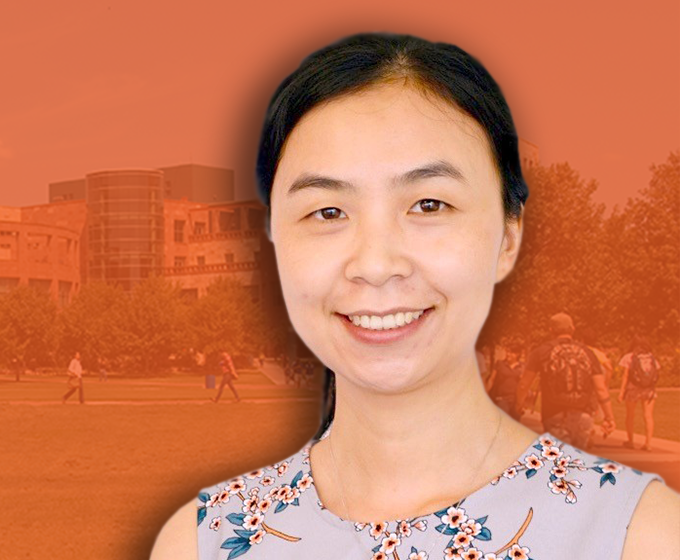Posted on April 11, 2021 by Amanda Cerreto
This article originally appeared in UTSA Today by Ingrid Wright.
 Aiming to promote health equity in young adults, demography professor
Ying Huang
in the UTSA College for Health, Community and Policy, in collaboration with professor
Colleen Heflin
from Syracuse University and UTSA graduate researcher
Asiya Validova
, examined the associations between material hardship and health outcomes in early adulthood and the extent to which these associations are mediated by perceived stress.
Aiming to promote health equity in young adults, demography professor
Ying Huang
in the UTSA College for Health, Community and Policy, in collaboration with professor
Colleen Heflin
from Syracuse University and UTSA graduate researcher
Asiya Validova
, examined the associations between material hardship and health outcomes in early adulthood and the extent to which these associations are mediated by perceived stress.
Huang's motivation for this study was driven by a picture she saw of a large number of people lined up in their cars waiting to received food at the local food bank during the peak of the pandemic.
"The COVID-19 crisis has caused significant disruptions to many people's lives; young adults are particularly vulnerable to financial instability and material hardships during the pandemic," said Huang, whose research interests include urban sociology, social stratification, and population health.
Using a National Longitudinal Study of Adolescent Health , a nationally representative survey of young adults aged 18-34 years old, the researchers evaluated the associations between types and depth of material hardship and health outcomes in young adults.
By definition, material hardship occurs when people sacrifice necessities, such as food, medical care, housing and basic utilities because of insufficient financial resources; health outcomes include self-rated health, depression, sleep problems and suicidal thoughts.
Findings of the study show that the adjusted odds of fair or poor health status, depression, sleep problems and suicidal thoughts were higher among individuals with material hardship compared to their counterparts. A considerable proportion of the association between material hardship and health outcomes is attributable to perceived stress.
Huang offers a solution based on her research.
"Efforts to promote health equity should consider providing short-term, emergency assistance and other public services to young adults who are facing material hardships," she explained.
Huang intends to expand her research to other specific groups that may be experiencing more adverse consequences from the pandemic.

